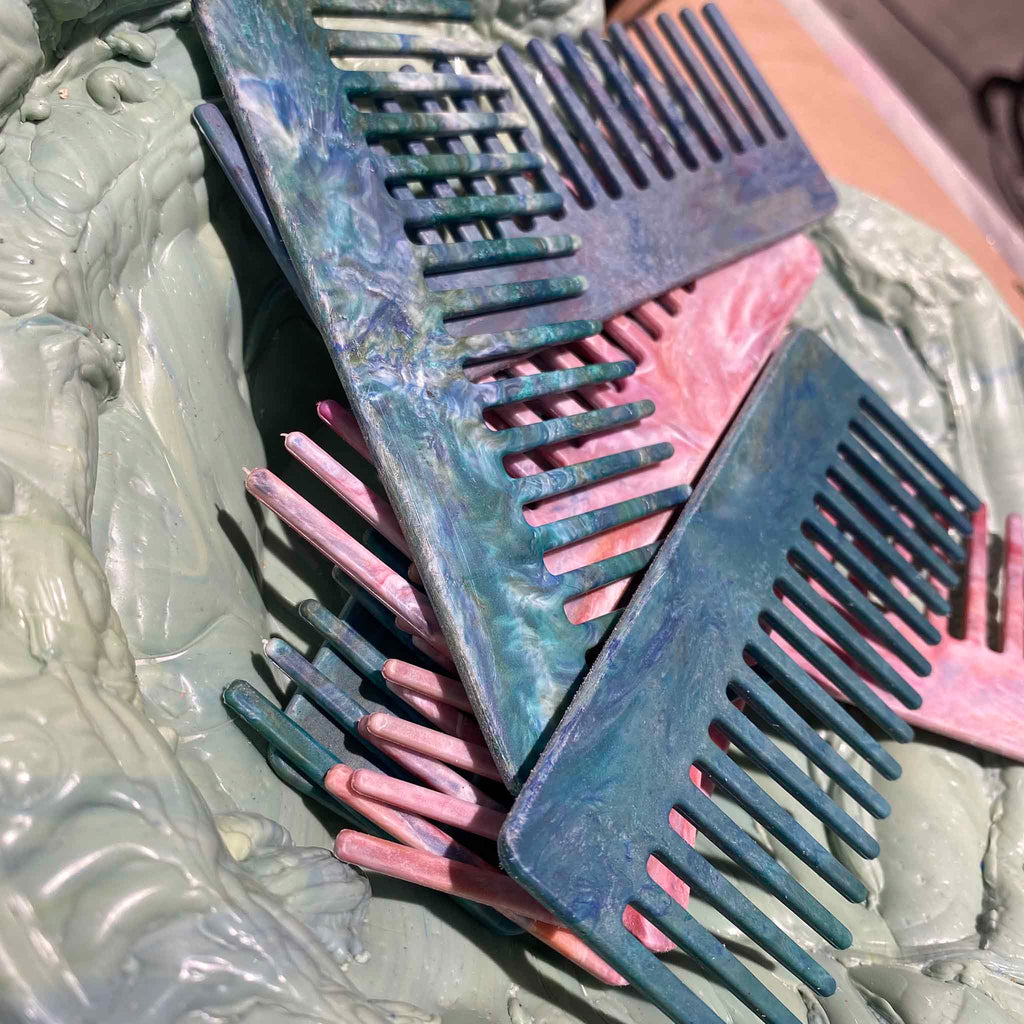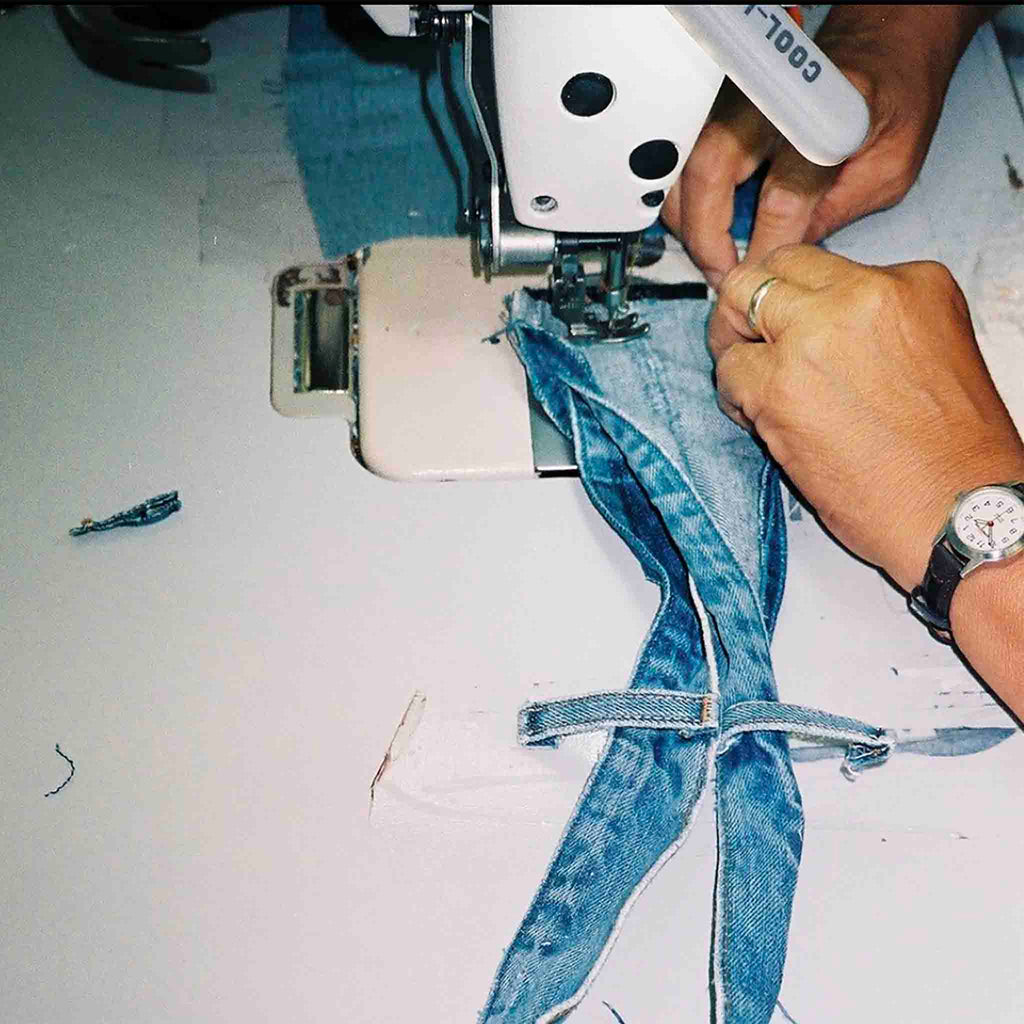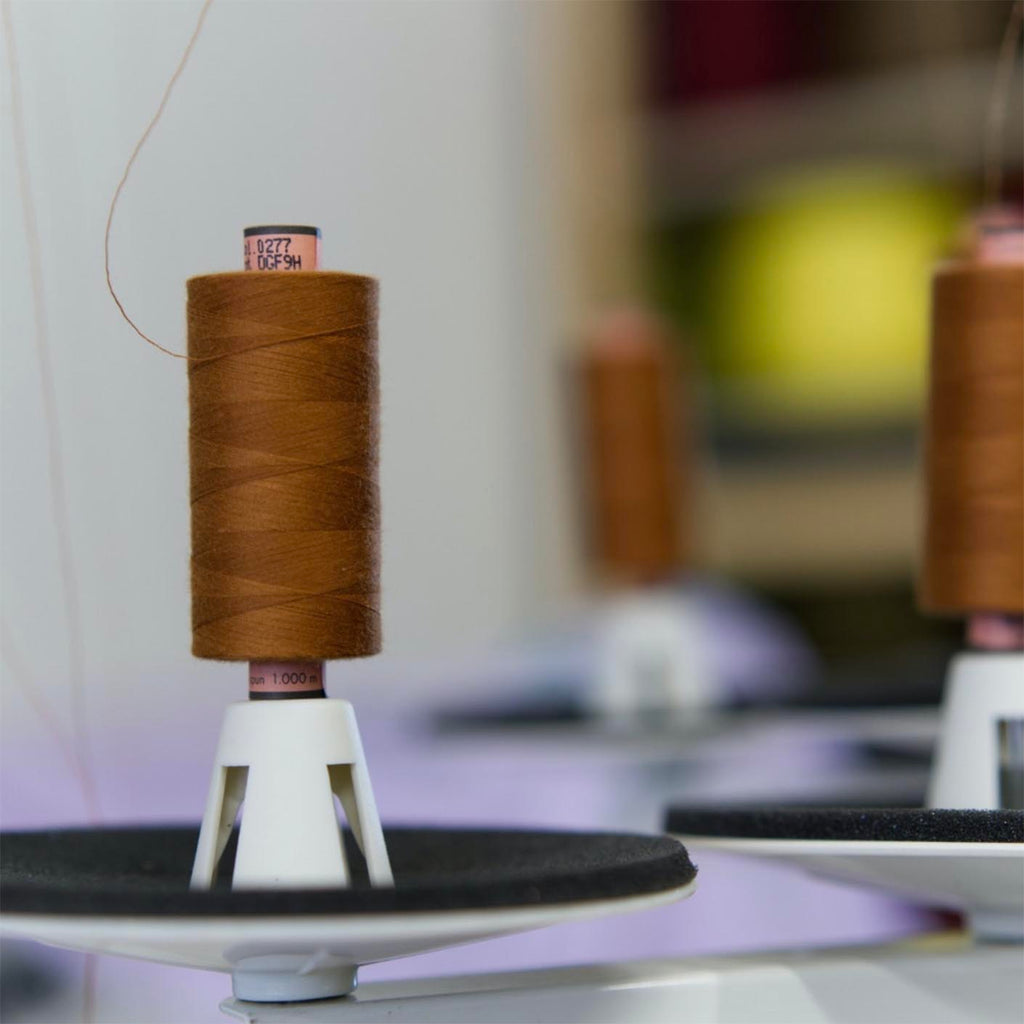Margent Farm
Last week we spoke about the ways in which we’ve integrated hemp into our store and briefly touched on how we first discovered hemp's diverse uses as a material through Margent Farm.

But we wanted to share more detail into how and why film director Steve Barron built Margent Farm using hemp grown in the surrounding fields.
Margent Farm is a hemp farm located in Cambridgeshire and acts as a protection zone and natural habitat for wildlife. They are committed to nurturing the topsoil, air and water by practicing organic and regenerative farming methods.

Hemp captures carbon as it grows, absorbing it from our atmosphere and converting it to biomass. Using that ‘locked-in’ carbon for product prototypes, Margent Farm hope to inspire a low impact circular economy.
The Margent farmhouse itself is made primarily of hemp from their first harvest. ‘Flat House’ was designed by Practice Architecture, formerly a cattle yard and shed, it remains off-grid and is powered by solar, wind and a biomass boiler.
Steve and Practice Architecture’s mission was to confront issues concerning plastic waste, soil degradation, carbon emissions and human well-being saw them harness hemp as a low-impact, carbon-capturing material.

In the film 'The House That Hemp Made' by the Modern House, Steve says he had the intention to “try and contribute something for our world, our planet.”
That contribution turned into organic hemp farming.
The three bedroom house was designed with the aim of prototyping prefabricated sustainable hemp-based construction to be applied to larger scales of house-construction. Working closely with engineers and material specialists they developed a prefabricated panel infilled with hemp grown on 20 acres of the farm.

The project has led to the establishment of Material Cultures, a research organisation which is exploring natural materials in the context of off site construction.


